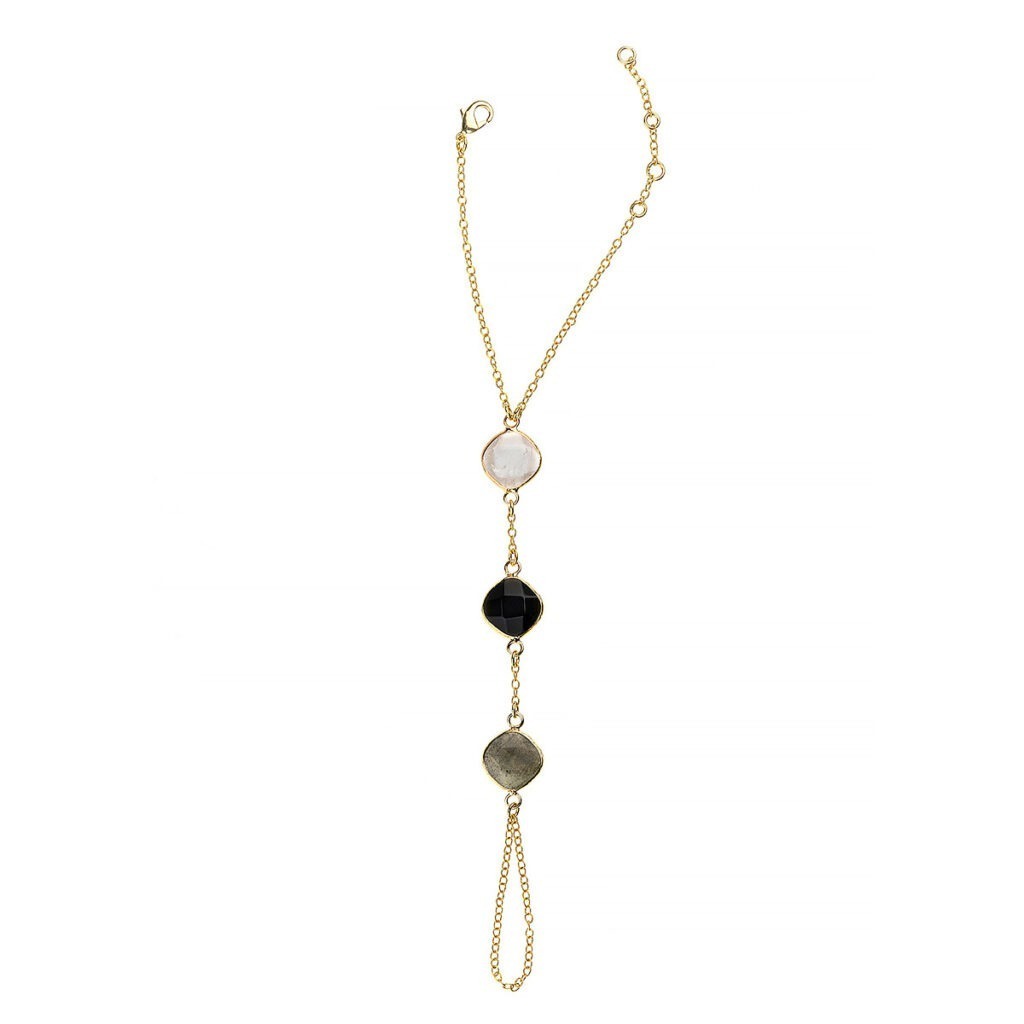Navigating Anxiety and Intuition: Understanding the Difference
In our daily lives, we often encounter strong feelings that can be difficult to interpret—especially when it comes to distinguishing between anxiety and intuition. While anxiety can be overwhelming, intuition can provide valuable guidance. Understanding the differences between these two can help us make better decisions and manage our emotions effectively.
1. The Nature of Anxiety
Anxiety is a common emotional response characterized by excessive worry, fear, and physical sensations. It often manifests as a negative focus on potential dangers or worst-case scenarios. Anxiety can generate a sense of unease, accompanied by physical symptoms such as a racing heart, sweating, and gastrointestinal discomfort. It tends to be repetitive, persistent, and can cause confusion and irrational thinking.
2. Exploring Intuition
Intuition, on the other hand, is often described as a quiet knowing or gut feeling. It is a subtle sense of insight or guidance that arises in specific situations. Unlike anxiety, intuition is not accompanied by excessive worry or fear. It offers clarity and doesn’t require extensive analysis or reasoning. Intuition can manifest as a recurring feeling or a consistent voice that guides us in making decisions.
3. Physical Sensations and Emotional Responses (approx. 100 words):
Anxiety and intuition can be differentiated by their physical sensations and emotional responses. Anxiety often generates discomfort and distressing physical symptoms, while intuition is typically free from such physiological reactions. Anxiety triggers fear and worry, while intuition provides a calm sense of knowing or trust.
4. Patterns and Consistency
Anxiety tends to be repetitive and triggered by various situations, whereas intuition is more consistent and recurring. Anxiety often presents irrational thoughts and worries, while intuition provides a reliable and accurate sense of guidance in specific circumstances.
5. Self-Reflection and Personal Judgment
Recognizing the difference between anxiety and intuition requires self-reflection and personal judgment. Individuals should pay attention to their own experiences, considering the patterns, consistency, and reliability of their feelings over time. Trusting one’s inner wisdom and seeking clarity can help in discerning between anxiety and intuition.
Differentiating between anxiety and intuition is a valuable skill that can enhance decision-making and emotional well-being. By understanding the nature of anxiety and the subtleties of intuition, we can navigate our emotions more effectively. It is important to be self-aware, reflect on our experiences, and seek guidance when needed. Remember, self-care and professional support are essential when dealing with anxiety or uncertainty.




















































